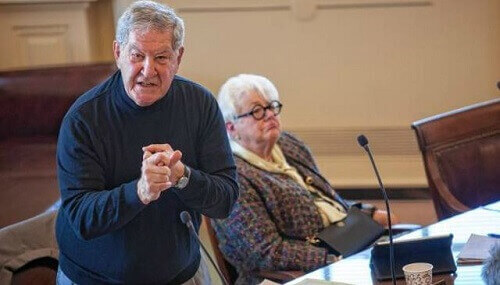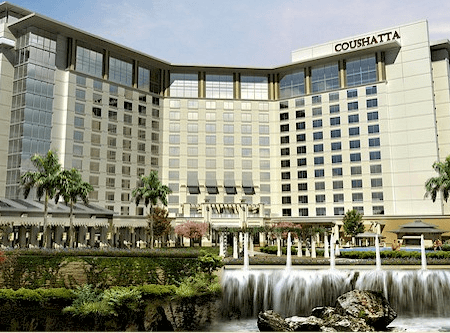Residents of New Hampshire who were hoping to see casinos legalized in their state are going to be very disappointed after the House of Representatives did not support a bill that the Senate had approved. The bill was proposed by State Senator Lou D’Allesandro, who has been campaigning for the legalization of casinos for many years.

New Hampshire Against Casinos Yet Again
D’Allesandro has been trying to legalize casinos in the State of New Hampshire for years now. In fact, this was his 19th attempt at getting the bill passed. Not only has it been rejected, but he cannot propose a casino bill again until the end of the state’s two-year legislative session, meaning he’ll have to wait until 2019 to try again.
Those opposed to the bill told the House of Representatives that legalizing casinos in New Hampshire would harm the state and take money away from existing business. D’Allesandro countered these claims by saying that residents in the state of New Hampshire are already exposed to gambling in casinos in neighboring states, such as Connecticut and Maine.
Casinos from those states advertise on New Hampshire TV and radio, with busloads of residents visiting them. Despite this, and the fact that casinos could generate the state hundreds of millions of dollars in tax revenue, the House of Representatives voted against allowing casinos.
Proposal for two New Hampshire Casinos
The bill would have allowed two land-bases casinos to be built in New Hampshire. Both of these new gambling establishments would have offered both slot machines and table games. The larger of the two proposed casinos would have offered around 160 table games and 3500 slots, with its licensing cost sitting at $80 million.
The smaller casino would have still had plenty on offer, with up to 80 table games and 1500 slots, with its licensing fee costing $40 million. The state would have taxes table games at 18%, while slots would have been taxed at 35%.




